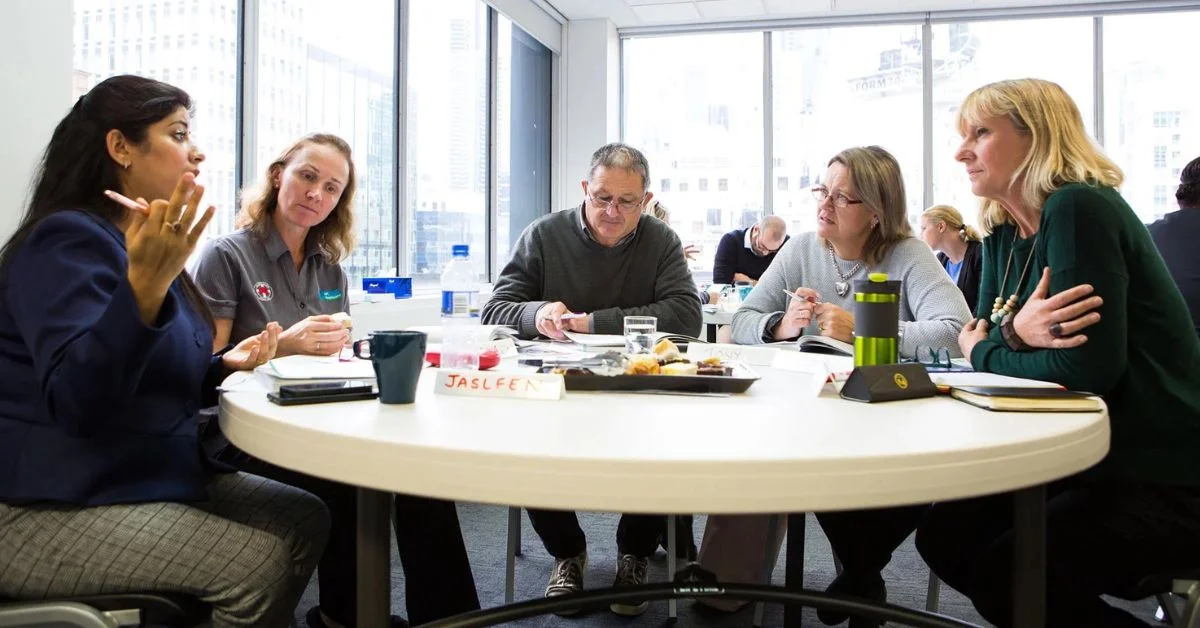A course that teaches participants how to have conversations about non-suicidal self-injury (NSSI) has been found to be safe, acceptable and effective.
In a recently published paper, researchers from Mental Health First Aid® Australia and the University of Melbourne’s Centre for Mental Health evaluated the effects of Mental Health First Aid Australia’s Conversations about Non-Suicidal Self-Injury course since its launch in 2018.
In this study that surveyed participants prior to, immediately after and six months following the course, participants recorded improved knowledge of NSSI, reduced social distance and stigmatising attitudes, and increased confidence in and quality of helping behaviours.
Dr Kathy Bond, lead author and Grants and Stakeholder Relations Manager at Mental Health First Aid Australia, says: “With this pilot study we now know that the course is safe, acceptable and improves knowledge, stigma and helping behaviours. This means the course can be widely disseminated in Australia and to Licensed Mental Health First Aid providers around the world.”
“The research indicates that course participants have the potential to appropriately support someone who is engaging in NSSI and encourage them to get the professional help they need.”
Why we need to prepare for conversations about NSSI
“NSSI is a common mental health problem, with a 19% lifetime prevalence in Australian adolescents and 12% in adults,” wrote the authors.
“Though rates of professional help-seeking for NSSI are low, disclosure to family and friends is more common, providing opportunities for them to encourage professional support.”
Less than 50 per cent of people who engage in NSSI seek emotional support, and only 16 per cent seek medical treatment. With people more likely to turn to a friend or family member, it is important that those around them have the skills needed to offer support, encourage professional help, and avoid actions likely to lead to barriers to disclosure or help-seeking.
Teaching skills that provide evidence-based approaches to talking about NSSI will help to reduce the risk of harmful responses. Research shows that negative, trivialising or stigmatising responses to NSSI disclosure are a deterrent to help-seeking. It also indicates that feeling misunderstood when disclosing NSSI is associated with the continuation of the behaviour.
What the evaluation study says about the course effectiveness
The Conversations about Non-Suicidal Self-Injury course aims to equip participants with evidence-based skills to help them recognise and respond to people engaging in NSSI and increase the likelihood of help-seeking.
The evaluation study revealed that participant knowledge about NSSI was moderate before the course and showed sustained improvement over time, with mastery being achieved by over three quarters of participants at post-course and follow-up.
The study found that participants who provided actual help to a person engaging in NSSI after the course reported significantly improved confidence in providing this support and high concordance with helping behaviours taught in the course.
The results of this study will inform future updates to the course curriculum and provide evidence to support adoption and promotion of the course among global MHFA licensees and other Australian mental health community-based organisations.


